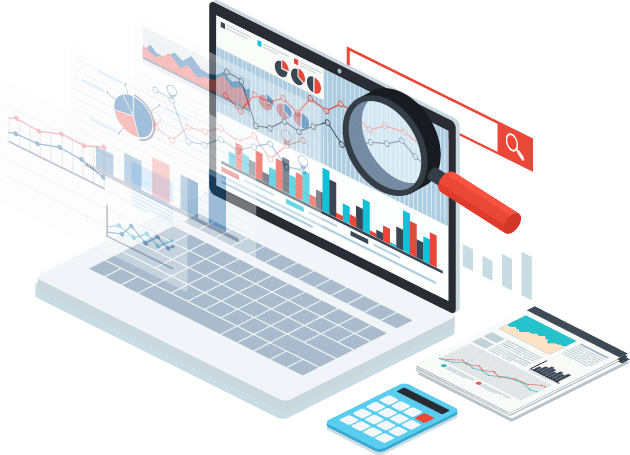If you use Google Ads to help searching students find your programs, you’ve probably discovered expensive Google keywords for higher education. And it seems those costs only move in one direction: up.
Unfortunately, if you want to find today’s students, you do need to be online. And while a great website and an active presence on social media are two ways to make an impact, paid search advertising allows you to get noticed by more students, more quickly. However, it comes at a cost.
How Much Do Higher Education Keywords Cost?
How much you will need to spend on keywords depends on your programs, majors, campaigns, geographic reach and more. If you’re advertising for an MBA program, expect to pay a lot. The term “MBA programs” can cost more than $45 per click; “business school,” more than $50 per click. But if you’re advertising for an advanced degree with a more liberal arts bent, the cost goes down. “Online MFA” might be less than $20 per click, and “PhD in English” can come in at a bargain rate of less than $5 per click. And all these mights, more thans and less thans are because the cost of the terms fluctuates. What’s true in June might not matter in September. What your school pays for higher ed keywords may not be as much as another university—or it could be more.
What Makes Higher Education Keywords So Expensive?
To some extent, the cost of keywords is dependent on the basic economics of supply and demand. The more widely in-demand the words are, the costlier they’ll be. It’s also a bit of you-get-what-you-pay-for. If you bid on words that no one ever types into a search bar, they’ll be pretty darn cheap. They’ll also be pretty ineffective.
There are, however, a range of other factors that can lower your cost-per-click. Chief among those are your school’s Google quality score. A good quality score is like a gold star from Google that gives you the perk of a higher ad rank at a lower cost-per-click. Among the factors that influence quality score are your ad performance, your bid history, and the length of time you’ve been using Google Ads.
The relevance of your landing page to your ad is also critical. Does the user find what s/he expects when they click on your ad? Your cost-per-click can also be influenced by your own bids. If you’re willing to pay more and you cap your bids on the higher side, you’ll likely be charged more.
How to Manage the Cost of Keywords
To save on those high-price keywords, build your quality score and bid conservatively to start. Make certain that you structure your accounts well, choose your keywords—and negative keywords—with care and pay attention. Cap your bids and consider turning off campaigns in down times, like holidays and weekends. Check your accounts daily and analyze the results. Then, test out new words, ads, copy, creative and landing pages. There are savings hiding all over Google, but you need to know where to look.
We do! If you want to know how to optimize spend in Google Ads, contact the experts at ClouldControlMedia today.

